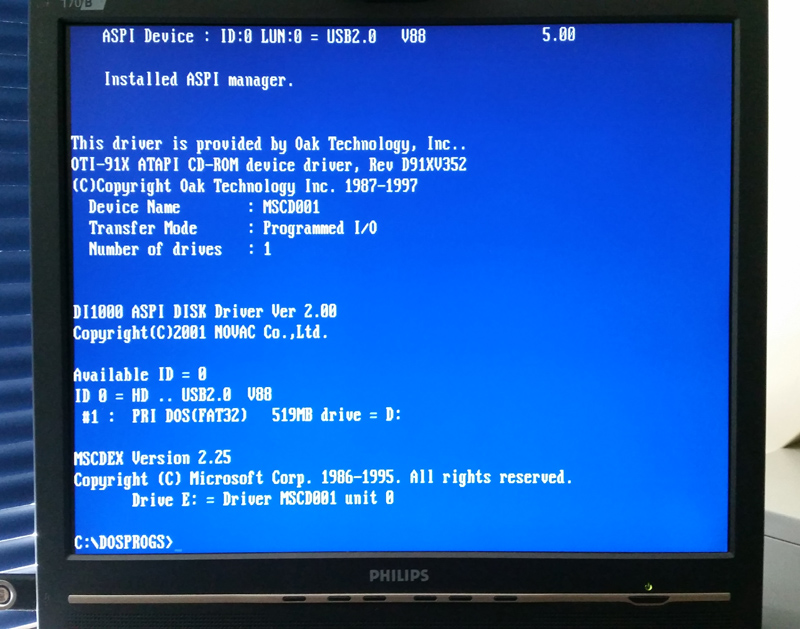-->
This article provides a workaround to solve the issue that the computer startup fails when you use a USB flash drive that's formatted to use the FAT32 file system.
FAT32 was introduced with MS-DOS 7.1 / Windows 95 OSR2 in 1996, although reformatting was needed to use it, and DriveSpace 3 (the version that came with Windows 95 OSR2 and Windows 98) never supported it. Windows 98 introduced a utility to convert existing hard disks from FAT16 to.
- Microsoft's bundled disk utilities (format, fdisk, Defrag, MS-DOS ScanDisk, Windows ScanDisk, and DriveSpace) were revised to work with FAT32. Microsoft has worked with the leading device driver and disk utility vendors to support FAT32.
- 3) Rename the SD card, choose the format as MS-DOS (FAT) for Format, Master Boot Record for Scheme. Then click Erase. Wait for the process to complete, then you'll get an empty new SD card with FAT32 as the file system.
Format Fat32 Windows 10 Download
Original product version: Windows Server 2012 R2
Original KB number: 954457
Symptoms
You format a USB flash drive to use the FAT32 file system. When you try to start the computer from this USB flash drive, the startup process stops responding, and the screen is black.
Cause

Ms Dos Fat32 Windows 10
This issue occurs because the USB flash drive is listed as removable media. Therefore, the Windows operating system does not create a master boot record (MBR) on the USB flash drive when you format the flash drive to use the FAT32 file system. The USB flash drive is treated as a super floppy disk. The FAT32 startup code does not support starting a computer from a super floppy disk without an MBR.

Ms Dos Fat32 Windows 10
This issue occurs because the USB flash drive is listed as removable media. Therefore, the Windows operating system does not create a master boot record (MBR) on the USB flash drive when you format the flash drive to use the FAT32 file system. The USB flash drive is treated as a super floppy disk. The FAT32 startup code does not support starting a computer from a super floppy disk without an MBR.
The BIOS tries to transfer the control of the startup from the USB flash drive to the FAT32 startup code, even though the FAT32 startup code doesn't support this scenario.
Workaround
To work around this issue, use the Diskpart command prompt utility to create and format the boot partition on the USB flash drive.
For more information about how to use Diskpart, see DiskPart Command-Line Options.
How to differentiate between the MBR and the boot sector
Currently, the Windows operating system uses signatures at offset 3 in the boot sector to determine whether the sector is a boot sector. These signatures don't appear in the MBR. The signatures are as follows:
- FAT16: MSDOS5.0
- FAT32: MSDOS5.0
- NTFS: NTFS
Fat32 Format Download
How to determine whether the boot sector is FAT32, FAT16, or NTFS
Ms Dos Fat Vs Fat32
To determine whether the USB flash drive was formatted by using the FAT32, FAT16, or NTFS file system, you must check two strings in the boot sector. If the strings contain FAT32, FAT16 or NTFS, the boot sector was formatted in that particular file system format.

